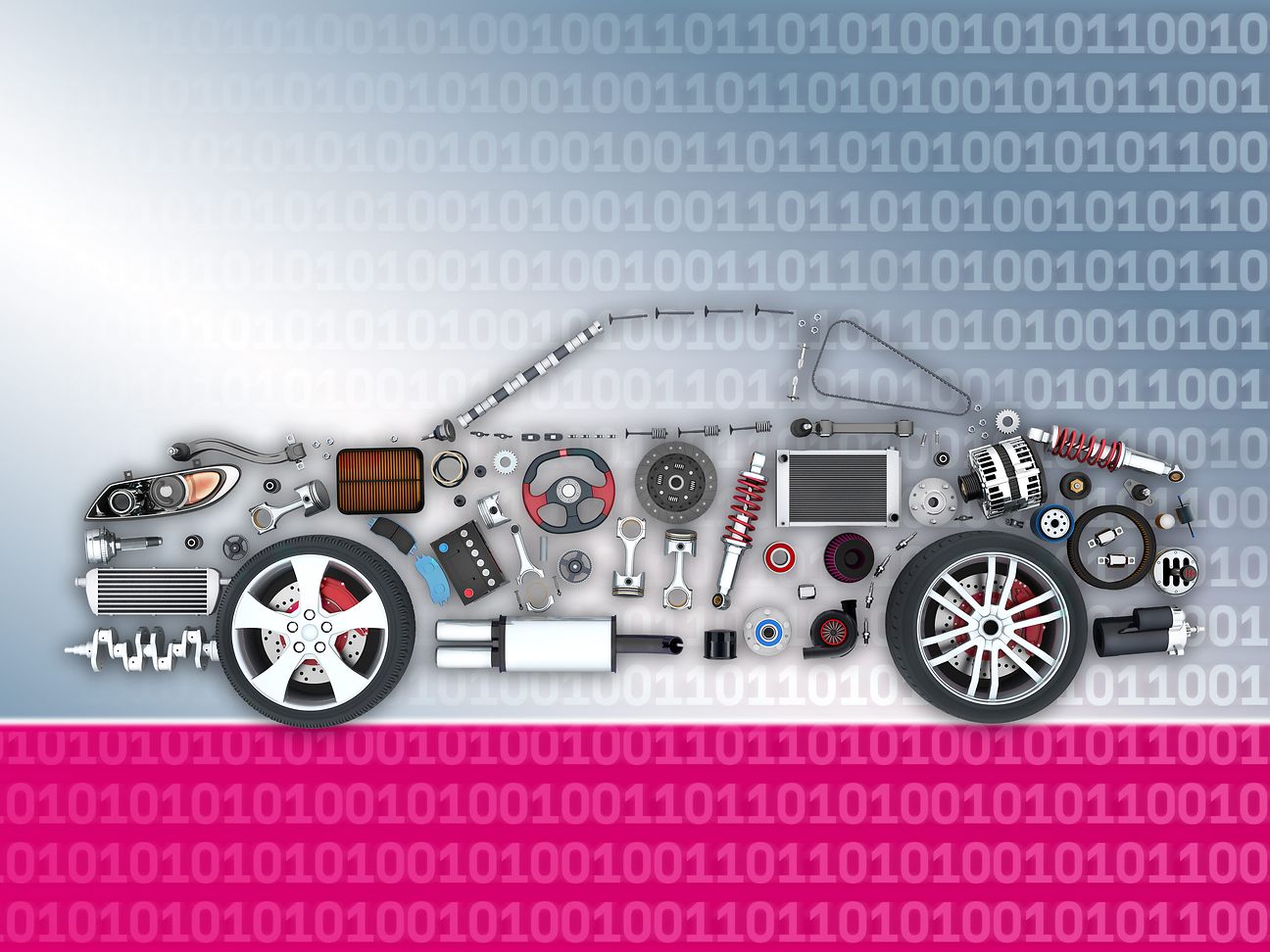

End of the line at the scrap yard?
Catena-X, supply chains, data sovereignty - briefly explained. Using the example of my car.
Germans and their cars. It's an emotional relationship. Especially when it has existed for 12 years, as it has in our case. And it extends over three generations: from mother to daughter to grandson... Our car still runs reliably. But what happens when it stops running? Does it then go to the scrap yard or to car recycling?
What is actually installed in our car?
Is it worthwhile for a car recycler to recycle our car? Can he still do business with the spare parts? To decide that, he would have to know exactly what is in our car. And that's where the difficulty lies. We lovingly put it together 15 years ago. Chose the colour, the engine variant, rims, seats, entertainment systems, et cetera et cetera. And over the years, the repairs came, wear parts were replaced, a new radio was installed.
To decide whether car parts recycling is still worthwhile, recyclers rely on self-generated lists and collect information from various databases. If the information on the installed parts were available at the push of a button, more car parts could be recycled. Better for the environment and better for the car recycler.
Transparency at the touch of a button
Transparency is the solution to the problem. Transparency about which supplier has supplied which component. However, a look at the IT systems shows that each supplier uses its own processes, its own systems and different data formats. Formats that are often not compatible with each other. The European Supply Chain Act is adding momentum to the situation. The law obliges companies to seamlessly document their supply chains in the future.
The automotive industry has therefore set up a broad-based network: Catena-X. A network of carmakers such as BMW, Mercedes Benz or Volkswagen, suppliers, IT equipment providers such as Deutsche Telekom and research companies such as the Fraunhofer Gesellschaft. Their common goal is to create more transparency in the value chain. Through standardised data and information flows along the entire automotive value chain. And with the help of a neutral, secure and trustworthy platform. If companies, some of which are in competition with each other, are to exchange information, trust is the decisive aspect. The magic word is "data sovereignty". On the Catena-X platform, data sovereignty means: each company decides for itself with whom and for what purpose it shares its data.
Catena-X - a network for the automotive industry
Most companies are now convinced of the benefits of connecting the supply chain. From start to finish, from production to recycling. This is why one of Germany's largest car recyclers has also joined the network. Its employees answer the question of whether it is worth buying a car about 20,000 times a year. So if our car stops running, all the important information may be available at the push of a button: Is it still possible to make a profit with the used car spare parts? What needs to be considered with regard to the pollutants they contain?
The prerequisite for this is that as many companies as possible participate – corporations as well as small and medium-sized enterprises. Only then can Catena-X unfold its full potential to advance the digitization of the entire automotive industry. Until then, I hopefully have a good trip!


